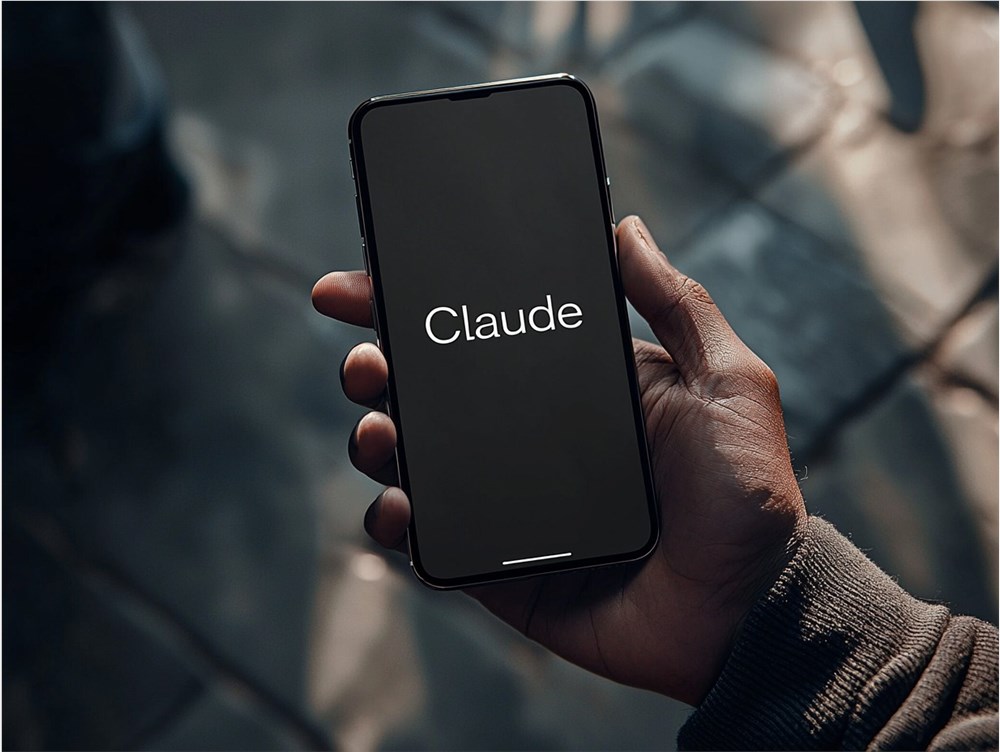OpenAI recently acquired the ambient coding startup Windsurf for $3 billion, but this move has sparked dissatisfaction among users regarding restricted access to the Claude model. This situation has left Windsurf users confused and poses a threat to the company's future growth potential.
Since the acquisition, Windsurf users have noticed a significant reduction in access to Anthropic’s Claude3.7Sonnet and Claude3.5Sonnet models. With these models becoming less available, developers are finding themselves unable to use the tools they need. Although Windsurf has tried to address this issue through third-party services, the rising costs and operational complexity have not improved the user experience.

Image Source: Image generated by AI, licensed through Midjourney.
Even more disappointing is that Windsurf has not gained direct access to the Claude4 series of models. This further impacts user experience and weakens the platform’s competitiveness. All of this could place Windsurf at a disadvantage in fierce market competition, hindering its future growth.
In the AI field, developers often rely on powerful models to support their work. When access is restricted, the entire development process can be significantly affected. Windsurf users now face increasing costs and increasingly complex workflows, which negatively impact their productivity. This has led many developers to question whether OpenAI’s acquisition will truly bring them the convenience they hoped for.
Despite the new opportunities brought by the acquisition, the current situation presents a challenge. Windsurf and OpenAI must act quickly to restore model access and improve service quality, or risk greater user attrition.
For Windsurf, the task ahead is not only to resolve existing issues but also to strengthen communication with users and rebuild trust. Only by meeting user needs can Windsurf fully realize its potential in the market and continue to lead the development of AI technology.
